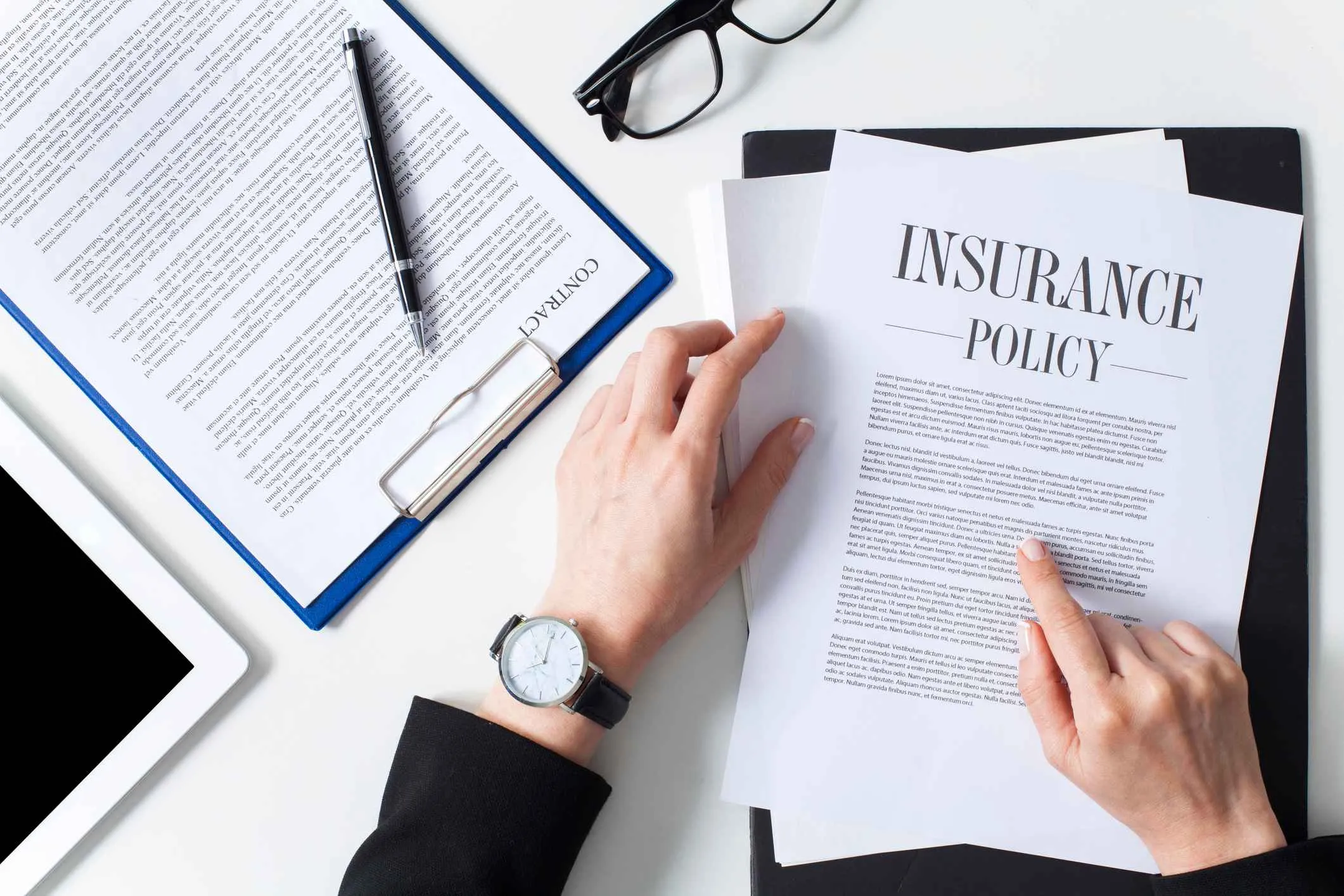When you or a loved one experience a personal injury, understanding the insurance claim process can be a challenge. This guide will provide you with valuable information and step-by-step instructions to help you navigate through the complexities of filing an insurance claim. Let’s explore the importance of this process and gain a brief overview of personal injury claims.
Initial Steps After an Injury
To best understand the complicated world of insurance after a personal injury, we must first unpack the steps you should follow after your accident or injury:
- Seek Immediate Medical Attention: after an injury, your health should be your top priority. Seek medical attention promptly to address any injuries and ensure proper documentation.
- Collect Necessary Information: gather relevant details about the incident, such as the time, date, location, and contact information of witnesses. This information will support your claim.
- Report the Incident to the Insurance Company: notify your insurance company about the incident as soon as possible. Provide them with accurate and detailed information about the injury and the circumstances surrounding it.
Understanding Insurance Coverage
After seeking medical care, you should familiarize yourself with the different types of insurance coverage. Most often for personal injury claims, coverage like auto insurance and health insurance will be important. Each policy varies in its scope of coverage depending on your situation. These policy limits and exclusion can determine how much you are able to expect your insurance company to pay toward various deductibles or benefits. Take some time to learn about the policy limits and exclusions within your insurance coverage, as knowing these limitations will help you set realistic expectations for your claim.
Communicating with Insurance Adjusters
The next step in navigating the insurance claim process is establishing effective communication with insurance adjusters. Be prepared to provide them with the necessary information and documents to support your claim. Your attorney and their team will likely have a part in establishing this communication, but do not be surprised if an adjuster contacts you directly.
Documenting the Injury and Damages
Once contact with your adjuster has been made, begin gathering medical records and bills. Collect all medical records and bills related to your injury. This documentation will serve as evidence of the medical treatment you received and the associated costs. You must also document your pain and suffering. This may sound scary, but it will help tell a clear story about your injury. Describe the physical and emotional impact of the injury in detail–maintaining a journal to record your pain, suffering, and limitations caused by the incident can be a useful tool for your insurance company and attorney.
The last step in documenting your injury and damages is to gather evidence of lost wages and any financial losses caused by the incident. Keep track of any missed work and document the financial losses resulting from your injury, such as medical expenses, rehabilitation costs, and property damage.
Filing the Insurance Claim
Unsurprisingly, the next step in the insurance claim process is filing the actual claim. Familiarize yourself with the necessary forms and documentation required to file an insurance claim. Fill out all forms accurately and provide complete information. Your legal team will help you with these forms to make sure they get filled out correctly. It is important for proper filing to meet deadlines and time limitations. Be aware of these deadlines and time limitations associated with filing an insurance claim. Missing these deadlines could jeopardize your chances of receiving compensation. This is another area where your legal team should be helping out, usually through keeping a detailed calendar and filing system.
Dealing with Insurance Adjusters
Insurance adjusters can be tough. They often use tactics such as lowball offers or attempts to shift blame to prevent people making claims from collecting fair compensation. Prepare yourself for negotiations by researching the value of your claim and being open to reasonable compromises. Advocate for a fair settlement based on your documented damages. If you haven’t already brought in a legal team at this point, and negotiations get heated, it may be time to seek legal representation. Having legal counsel can protect your rights and ensure a fair resolution. Attorneys can write persuasive demand letters using evidence and relevant details to explain why your claim deserves the compensation being requested.
Appealing a Denied Claim
Occasionally, claims get denied outright by insurance companies. Some of the more common reasons insurance claims get denied include insufficient evidence or policy exclusions. In the event of a denial, the insurance company typically sends a denial letter carefully to address the specific issues. This is when the appeal process begins. This may involve gathering additional evidence and submitting a formal appeal letter outlining your case.
Resolving the Claim
Settlement negotiations are a back and forth between legal counsel and insurance companies. Be prepared to negotiate and reach a mutually acceptable agreement that adequately compensates you for your damages. Before accepting a settlement offer, you and your team should carefully review the release of liability and settlement documents.This will help you understand the implications of signing these documents and give you the opportunity to seek clarification if needed. Once everything has been reviewed and agreed upon, you can safely say you have reached a settlement. After reaching a settlement, finalize the insurance claim process by completing all necessary paperwork and fulfilling any outstanding requirements.
Conclusion
Navigating the insurance claim process after a personal injury can be daunting, but it is crucial to understand the steps involved. By seeking immediate medical attention, documenting your injury and damages, and effectively communicating with insurance adjusters, you increase your chances of a successful claim. Remember, if your claim is denied or becomes complex, seeking legal assistance is always an option. A legal directory like LawyerUp simplifies the search process for finding legal counsel. Stay proactive, informed, and empowered throughout the process, ensuring that you receive the compensation you rightfully deserve.

